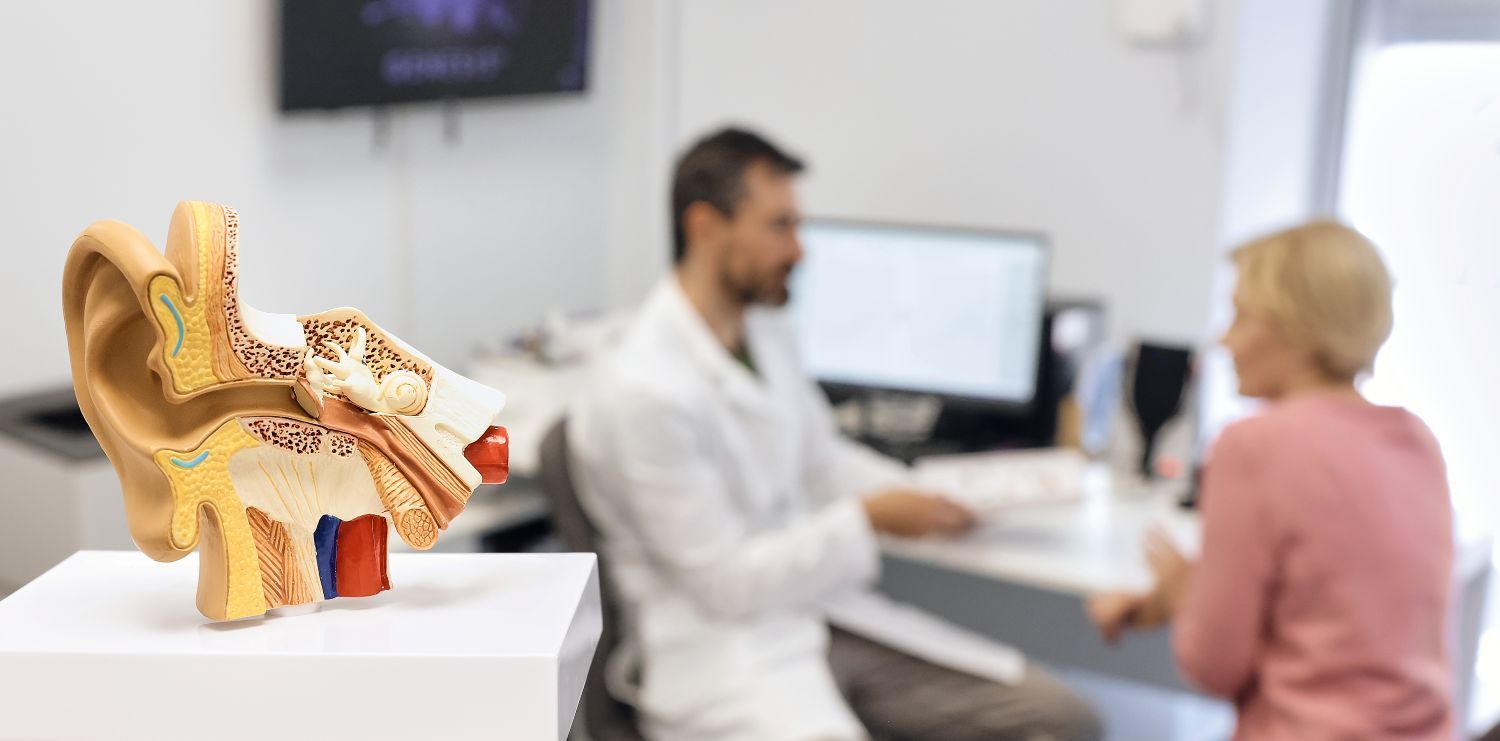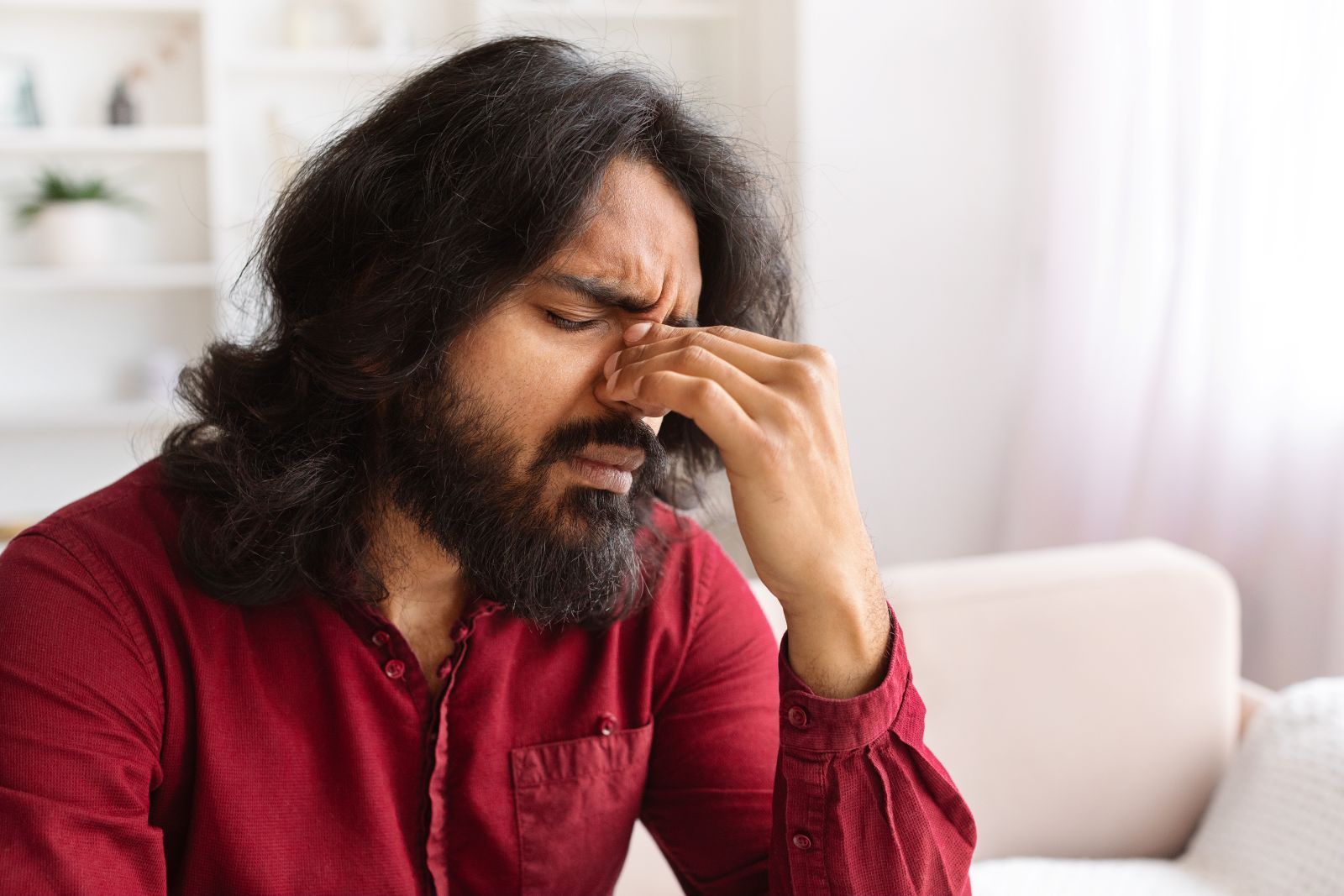Why Antibiotics Aren’t Always the Right Choice for Sinus Infections?
Sinus infections can cause considerable discomfort, and one might assume that a course of antibiotics would facilitate a swift recovery. Keep reading to learn why antibiotics aren't always the best option for treating sinus infections and what alternative treatments are available.
Antibiotics and Sinus Infections
Antibiotics are medications that are designed to kill bacteria or inhibit their growth. When bacteria cause a sinus infection, antibiotics can be an effective treatment option. However, not all sinus infections are caused by bacteria. Up to 98% of sinus infections are caused by a viral infection, which means that antibiotics will not be effective.
Using antibiotics to treat viral sinus infections can actually do more harm than good. When antibiotics are overused, they can lead to antibiotic resistance, which means that bacteria become resistant to the antibiotics and become harder to treat. This can have severe consequences for public health and make it more difficult to treat bacterial infections in the future. In fact, the United States has designated a week every November known as Antibiotic Awareness Week. This week aims to raise awareness among both patients and healthcare providers regarding the matter.
Antibiotics can also cause side effects such as diarrhea, nausea, and allergic reactions. In some cases, they can even lead to more serious conditions such as C. difficile infection, which can be life-threatening.
Alternative Treatments for Sinus Infections
What are the alternative treatments if antibiotics aren't always the right choice for sinus infections? Here are some options:
1) Nasal Irrigation
Nasal irrigation, also known as a nasal wash or nasal douche, involves flushing the nasal passages with a saline solution. This can help to clear out mucus and irritants and reduce inflammation. Nasal irrigation can be done using a neti pot, squeeze bottle, or nasal spray.
2) Decongestants
Decongestants are medications that can help to relieve nasal congestion by narrowing the blood vessels in the nasal passages. They can be taken orally or applied topically. However, decongestants should not be used for more than a few days, as they can cause rebound congestion and other side effects.
3) Rest and Hydration
Getting plenty of rest and staying hydrated can also help to reduce the symptoms of a sinus infection. Resting allows your body to focus on fighting the infection, while hydration can help to thin out mucus and make it easier to clear from the nasal passages.
When to See a Doctor
While most sinus infections will clear up on their own within a week or two, there are some cases where it is important to see a doctor. You should consult a doctor if:
● Your symptoms last for more than 10 days or get worse instead of better
● You have a fever of 102 degrees Fahrenheit or higher
● You have severe pain in your face or teeth
● You have vision problems or a severe headache
If you aren’t sure whether you need to see a doctor, feel free to call us today. We’ll be happy to discuss your situation and make an appropriate recommendation.
At ENT Medical and Surgical Group, LLC, we offer cutting-edge treatments for ear, nose, and throat problems to patients in New Haven, North Haven, Westbrook, and Branford, Connecticut. If you have further questions about our services, contact us online!













